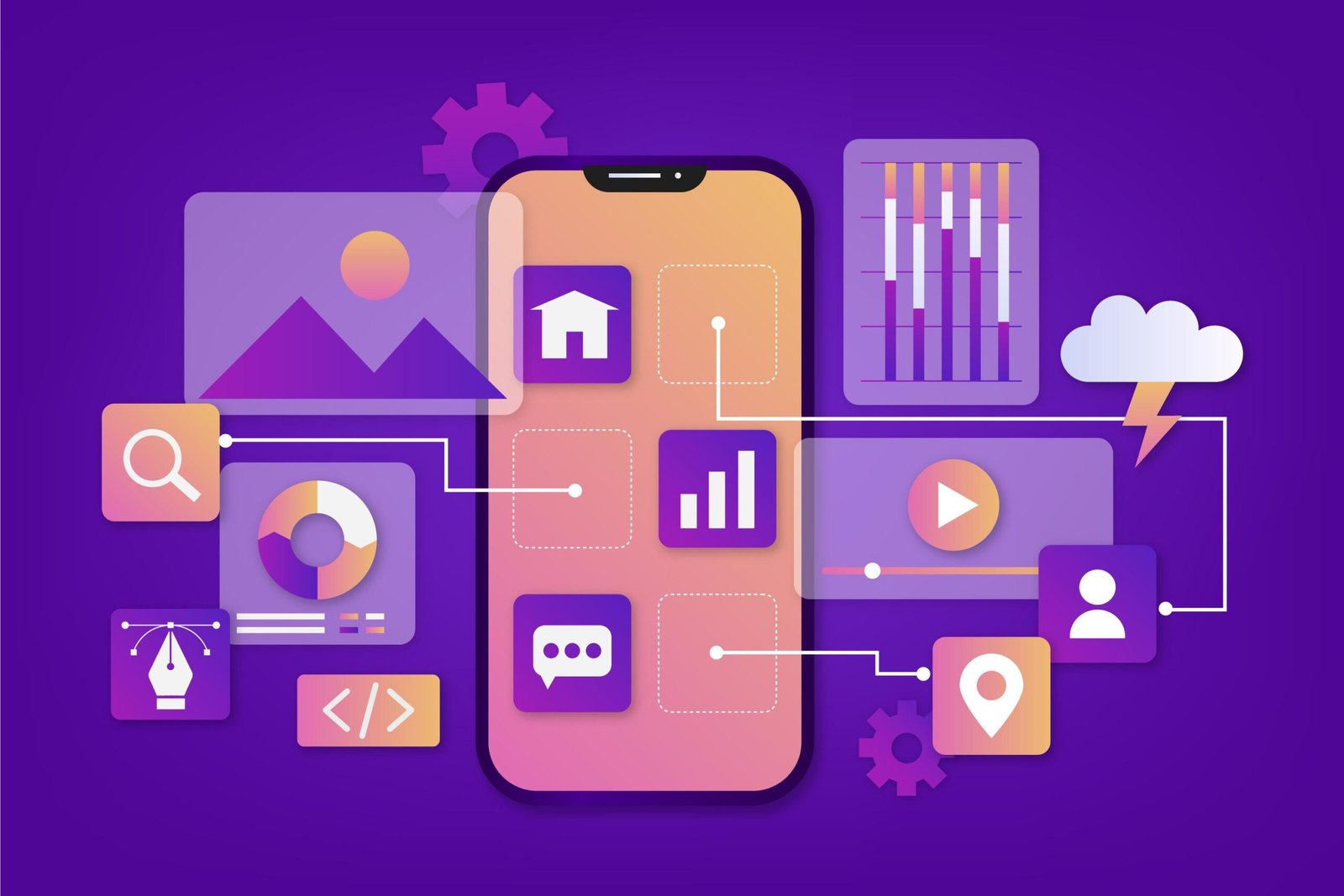In today’s fast-paced digital world, mobile apps have become an integral part of our daily lives. From social media and messaging apps to productivity and entertainment apps, there seems to be an app for everything. With each passing year, mobile app technology continues to evolve, bringing forth new features and functionalities that enhance user experiences. As we look ahead to the next generation of apps, here are some key trends and developments to expect:
1. Artificial Intelligence (AI) Integration
Artificial Intelligence has been making significant strides in recent years, and its integration into mobile apps is set to revolutionize the way we interact with our devices. AI-powered virtual assistants, such as Apple’s Siri and Google Assistant, have already become commonplace. In the next generation of apps, we can expect AI to play an even more prominent role, enabling personalized user experiences, predictive analytics, and advanced automation.
2. Augmented Reality (AR) and Virtual Reality (VR)
AR and VR technologies have gained significant traction in the gaming and entertainment industries. In the next generation of apps, we can anticipate a wider adoption of AR and VR in various other sectors, such as education, healthcare, and retail. These immersive technologies will enable users to experience virtual environments, interact with digital objects, and enhance their overall engagement with mobile apps.
3. Enhanced Security Measures
As mobile apps continue to handle sensitive user data, ensuring robust security measures is of utmost importance. With the rise in cyber threats and data breaches, the next generation of apps will focus on implementing advanced security features. This may include biometric authentication, multi-factor authentication, and encryption techniques to safeguard user information and provide a secure user experience.
4. Internet of Things (IoT) Integration
The Internet of Things (IoT) has already transformed the way we interact with our devices and surroundings. In the next generation of apps, we can expect seamless integration with IoT devices, enabling users to control and monitor various smart devices from their mobile apps. Whether it’s controlling home appliances, managing wearable devices, or tracking fitness data, IoT integration will enhance the overall convenience and functionality of mobile apps.
5. Progressive Web Apps (PWAs)
Progressive Web Apps (PWAs) have gained popularity due to their ability to provide a native app-like experience within a web browser. PWAs combine the best of both worlds, offering the accessibility of a website and the functionality of a mobile app. In the next generation of apps, we can expect an increase in the development and adoption of PWAs, providing users with fast loading times, offline capabilities, and seamless cross-platform experiences.
6. Personalization and Contextual Experiences
Mobile apps are increasingly focusing on delivering personalized experiences tailored to individual user preferences. The next generation of apps will take personalization a step further by leveraging user data, AI, and machine learning algorithms to provide highly contextual experiences. This may include personalized recommendations, location-based services, and customized content, ensuring that each user feels like the app is designed specifically for them.
7. Enhanced User Interfaces (UI) and User Experiences (UX)
With the increasing competition in the app market, developers are continuously striving to deliver intuitive and visually appealing user interfaces. The next generation of apps will prioritize seamless navigation, minimalistic designs, and smooth animations to enhance user experiences. Additionally, developers will focus on optimizing app performance, reducing loading times, and improving overall responsiveness to provide a seamless and enjoyable user experience.
In conclusion, the next generation of mobile apps is set to bring forth exciting advancements in technology and user experiences. From AI integration and AR/VR experiences to enhanced security measures and personalized contextual experiences, users can look forward to a more immersive and seamless app ecosystem. As developers continue to push the boundaries of innovation, the possibilities for the next generation of apps are endless.





